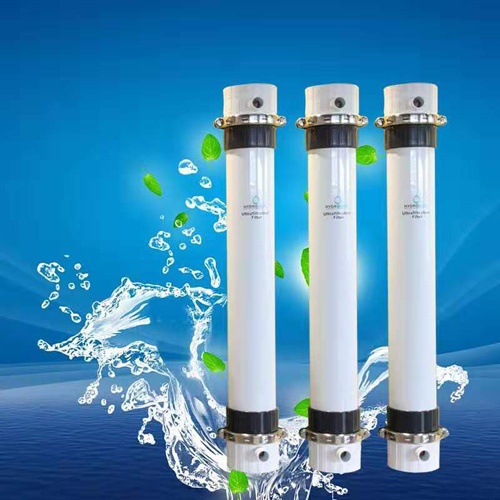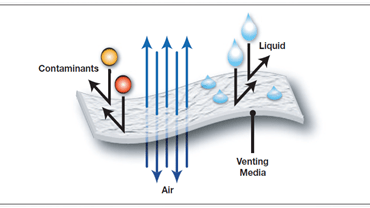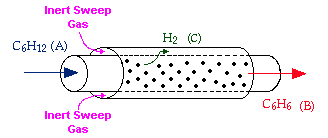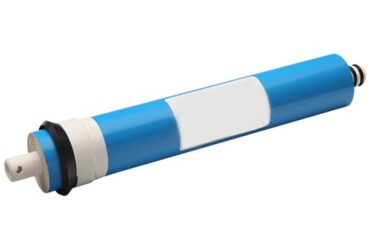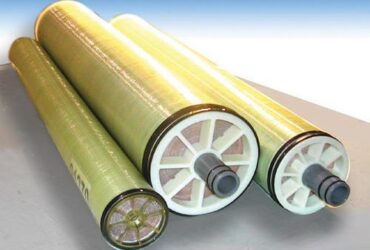A wastewater treatment system collects, stores, processes, and properly disposing of waste water from restrooms, basins, household appliances, bathtubs, and other water-using equipment in the home. Whenever we discuss about a wastewater treatment system, we normally mean not only a wastewater treatment plant, but also the pipelines, drains, infiltration zones, and connections that guarantee the water is properly treated and released. Many newer homes include their own wastewater treatment system on their land. An efficient wastewater treatment system has several advantages:
Water clarification is an important phase in the wastewater treatment process. Gravitational settling is used to remove suspended materials, resulting in clear liquid effluent. Water clarification’s secondary role is to eliminate scum or floating materials that has gathered on the water’s surface.
Heavy Metals Removal: High dose, electrodeposition, advanced oxidation processes, electrochemical treatment, decrease, membrane filtration, reverse osmosis, and scattering are some of the treatment methods used to remove heavy metals from wastewater. Because other approaches have disadvantages such as poor efficiency, creating a considerable volume of sludge, costly disposal, and delicate processing parameters, removal efficiency is regarded the most effective.
Protect the public’s well-being and safety.
Metal pollutants such as lead remain on the road surface and are not rinsed away by rains. As a result, dust suppression is a critical stage in sewage treatment.
Oil and gas wastewaters are often allowed to be placed on highways for abrasive blasting or deicing. The high salt content of wastewater treatment, which includes calcium, sodium, strontium, and magnesium, makes it suitable for dewatering and particulate suppressing.
Furthermore, organic, salt, and radioactive levels in oil and gas wastewaters are considerable. This effluent can contaminate highways and cause biological harm, including in humans. Furthermore, when oil and gas effluent accumulates on the road, it has the potential to contaminate water supplies.
As a result, oil and gas sewage should be cleaned before being placed on dirt roads to deice or reduce dust in order to ensure public safety and employees’ safety.
Increase Efficiency
Using wastewater treatment plant, specifically liquid-solids separation technology, you may increase the efficiency of your industrial production process. These systems filter anything from inorganic particles to rubbish from drainage systems and sewage. With a membrane separation method in place, you may increase the efficiency of your process of manufacturing while minimising operational expenses.
In general, every industrial operation that uses a lot of water produces a lot these by that is washed and discarded into water sources. Possessing a wastewater treatment system in place can help you locate valuables, such as component wastes, metal particles, and other remaining items that would ordinarily be thrown away.
Preventing Industrial System Failures
If residual wastes are allowed to penetrate other equipment and processes, they can cause damage and impair the capacity of liquid-based wastewater treatment plants. If you send leftover garbage to a wastewater treatment plant, you will very certainly face high discharge costs. Implement an industrial wastewater treatment system to reduce waste in your operation. It saves you money while also ensuring that chemically treated water is purified and disposed in a safe and ecologically responsible manner.
Water fees are an unwelcome reality in many nations nowadays. You do not have to concern regarding water expenses if you have your own wastewater system on your premises. Pumping water into the system is also quite inexpensive, so you save money in this area as well.
Less wastage
Modern sanitation facilities do not lose as much fluids as main routes. There is no surplus waste water that must be handled for a single toilet flush or load of washing. Some used water is returned to the ground and naturally purified.
Advanced wastewater systems require extremely little maintenance and outlast older types. A sewage system may require cleaning process every three years or so, based on usage, with maintenance checks only every 2-3 years. Furthermore, you may do your own tests by checking for convince signs of problems.
Crumble solids more quickly
Most current wastewater systems are oxygenated, which may break down particles more quicker than older models. As a result wastewater treatment plant, obstructions become less of a problem, de-sludging is less frequently necessary, and less particles pollute the watershed and drainage field.

